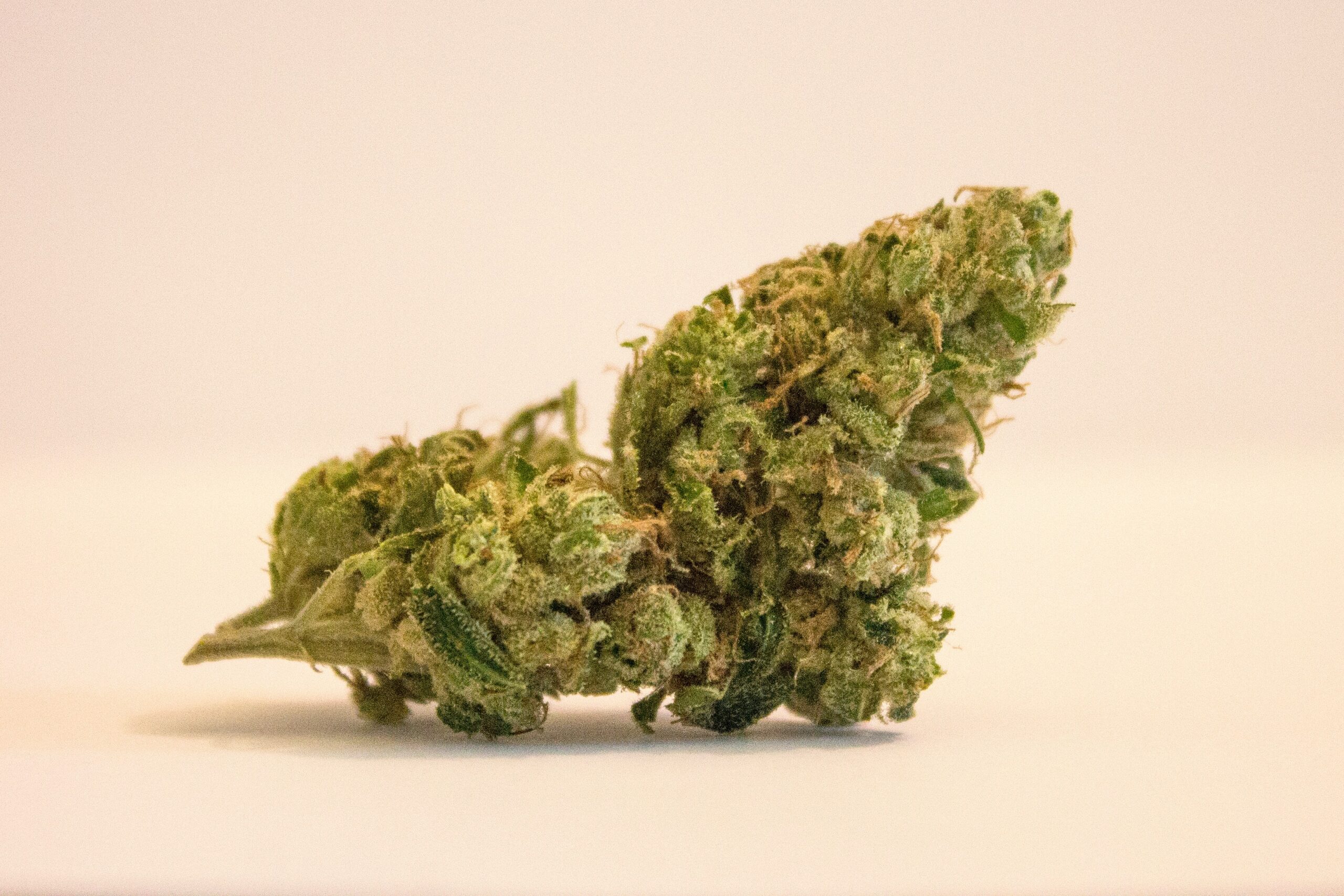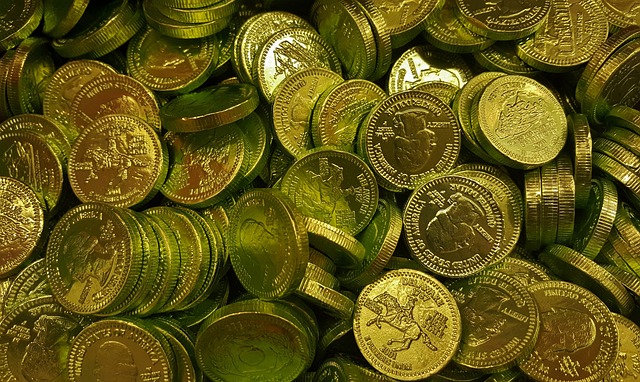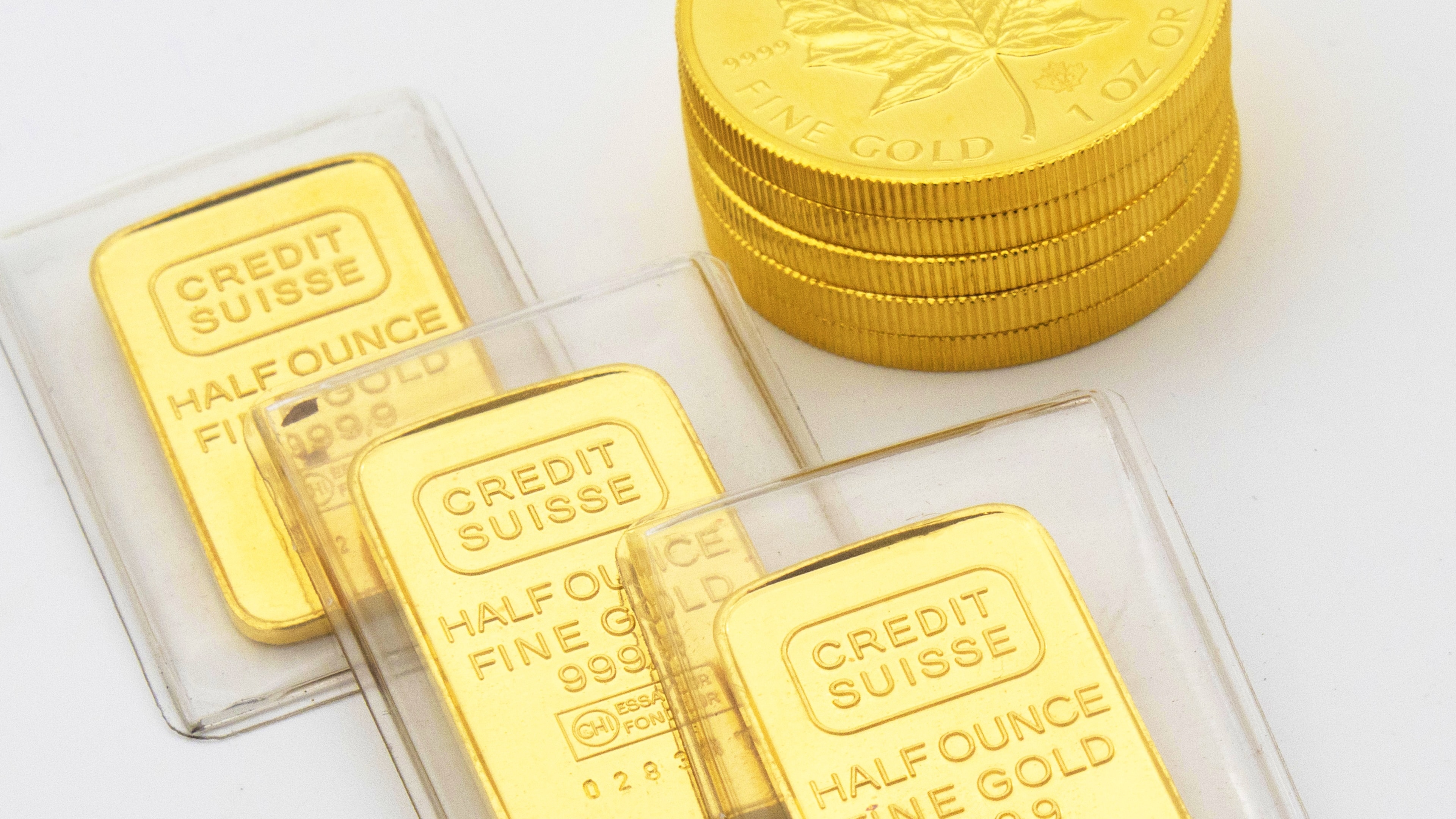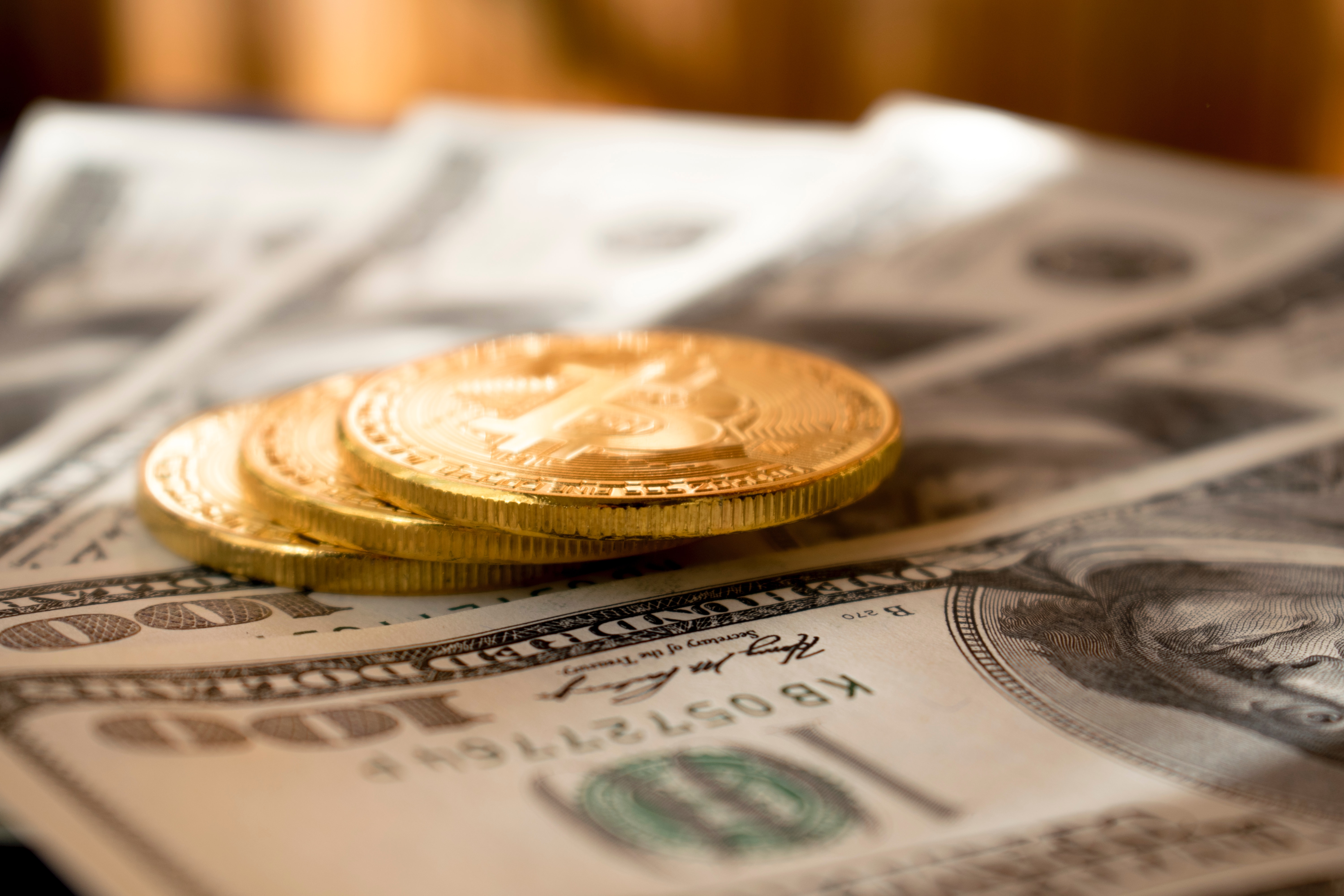What is THCA?
THCA is a forerunner to THC, found in raw and freshly gathered marijuana plants. Unlike THC, THCA is non-intoxicating, implying it doesn’t induce the “high” commonly associated with marijuana consumption. When subjected to heat with a procedure called decarboxylation– generally attained with smoking, vaping, or food preparation– THCA converts into thca flowers, the psychedelic substance recognized for its euphoric results.
The Power of THCA Flowers
While THC dominates much of the discourse bordering cannabis, THCA has been obtaining recognition for its potential therapeutic buildings. Research recommends that THCA may supply a variety of health and wellness advantages without the psychoactive impacts of THC. Some prospective advantages of THCA consist of the following:
1. Anti-inflammatory Characteristics:
THCA shows encouraging anti-inflammatory residential properties, making it useful for managing conditions such as arthritis, inflammatory digestive tract condition (IBD), and various other inflammatory disorders. By lowering swelling, THCA might ease discomfort and enhance total well-being.
2. Neuroprotective Impacts:
Research studies suggest that THCA may have neuroprotective homes, offering potential advantages for neurodegenerative problems like Alzheimer’s illness and Parkinson’s condition. By securing neurons from damage and deterioration, THCA shows promise as a healing representative for maintaining brain wellness.
3. Antiemetic Qualities:
THCA has actually been revealed as an antiemetic, implying it may help in reducing nausea and vomiting. This makes it especially important for individuals undertaking chemotherapy or experiencing nausea related to various other medical problems.
4. Antioxidant Benefits:
Like other cannabinoids, THCA has antioxidant properties, which help battle oxidative tension and cellular damage triggered by complimentary radicals. Antioxidants are important in maintaining general wellness and lowering the threat of persistent illness.
Consumption and Availability
THCA-rich items, such as THCA blossoms, essences, and casts, are becoming significantly available in lawful cannabis markets. THCA flowers are gathered and processed to protect the cannabinoid in its raw kind, guaranteeing customers can appreciate its prospective advantages without the psychoactive results of THC.
Consumption methods for THCA flowers vary, with options including smoking cigarettes, vaping, or integrating them into edibles and beverages. Some users might eat THCA in its raw form by including it in salads or shakes to maximize its prospective wellness advantages.
Understanding THCA and THC
THCA and THC are both cannabinoids, chemical compounds located in the marijuana plant. However, they have distinctive buildings and impacts because of their differing chemical frameworks and interactions with the endocannabinoid system (ECS).
THCA (tetrahydrocannabinolic acid) is the acidic forerunner to THC. In raw cannabis flowers, THCA is the leading cannabinoid, normally comprising approximately 90% of the complete cannabinoid content. Unlike THC, THCA is non-intoxicating, meaning it does not produce the psychoactive results generally connected with cannabis consumption. Instead, THCA is prized for its possible healing advantages, including anti-inflammatory, neuroprotective, and antiemetic properties.
When cannabis is warmed with procedures such as cigarette smoking, vaping, or cooking (decarboxylation), THCA goes through a chemical change, shedding a carboxyl team and exchanging THC. This decarboxylation process is crucial for turning on the psychoactive residential properties of marijuana. Therefore, heated marijuana products, such as smoked flowers, edibles, and concentrates, include mostly THC instead of THCA.
Distinctions in Chemical Structure
The chemical structure of THCA and THC varies largely in their molecular structure. THCA includes a carboxyl team (COOH) affixed to the molecule, which is missing in THC. This carboxyl group is in charge of THCA’s acidic nature and adds to its special properties, including its failure to bind straight to cannabinoid receptors in the ECS.
THCA’s carboxyl team renders it water-soluble and less easily soaked up by the body compared to THC. Therefore, consuming raw marijuana or THCA-rich products commonly results in marginal psychoactive effects, if any kind of. In contrast, THC conveniently crosses the blood-brain obstacle, binding to cannabinoid receptors in the brain and central nerves, therefore causing the particular bliss and altered perception related to cannabis intoxication.
Checking Out THCA Flowers and Mental Health And Wellness
Beyond stress and anxiety management, THCA flowers are gathering interest for their possible impact on numerous psychological health problems. While more extensive scientific trials are warranted, anecdotal evidence recommends that people with stress and anxiety, anxiety, PTSD, and other state-of-mind disorders have reported favorable results from integrating THCA-rich marijuana into their wellness regimens.
Furthermore, THCA’s purported neuroprotective properties raise fascinating opportunities for conditions like neurodegenerative diseases and cognitive decline related to aging. While its effectiveness continues to be speculative, recurring research study holds a guarantee for elucidating THCA’s function in mental and neurological wellness.
Considerations for Use
Before including THCA flowers in your anxiety management or psychological health routine, it’s vital to consider numerous elements:
Legitimacy and Availability: The legality of marijuana and its derivatives differs by jurisdiction. Make certain conformity with regional laws and laws before getting THCA flowers.
Quality and Purity: Seek trustworthy resources that stick to stringent quality control steps. Organic growing and third-party testing for effectiveness and impurities are paramount for ensuring product safety and efficacy.
Dosage and Administration: Beginning with low doses, progressively titrate upwards to evaluate individual reaction and tolerance. The factor to consider in administration approaches, such as inhalation, ingestion, or topical application, is crucial in optimizing therapeutic outcomes.
Holistic Method: While THCA flowers may offer adjunctive advantages, they need not replace conventional treatments or all-natural strategies for stress management and psychological health. Including approaches like mindfulness, workout, nutrition, and treatment synergistically enhances total well-being.
Verdict
As the rate of interest in cannabis continues to grow, so as well does our understanding of its complicated chemistry and therapeutic capacity. THCA flowers represent a fascinating aspect of cannabis growing and usage, offering unique health and wellness benefits beyond those related to THC alone.
While even more study is required to completely recognize the mechanisms and effects of THCA, very early searchings suggest that this cannabinoid holds promise as a therapeutic representative for numerous health problems. Whether made used medicinally or recreationally, THCA flowers offer an alternate option for cannabis customers looking for the possible advantages of cannabinoids without the psychoactive impacts of THC.
As legalization initiatives develop and scientific research expands, the duty of THCA in the marijuana landscape is likely to become a lot more popular. By discovering the power of THCA flowers and accepting the variety of cannabinoids, we open new opportunities for wellness and discovery in the world of marijuana.



